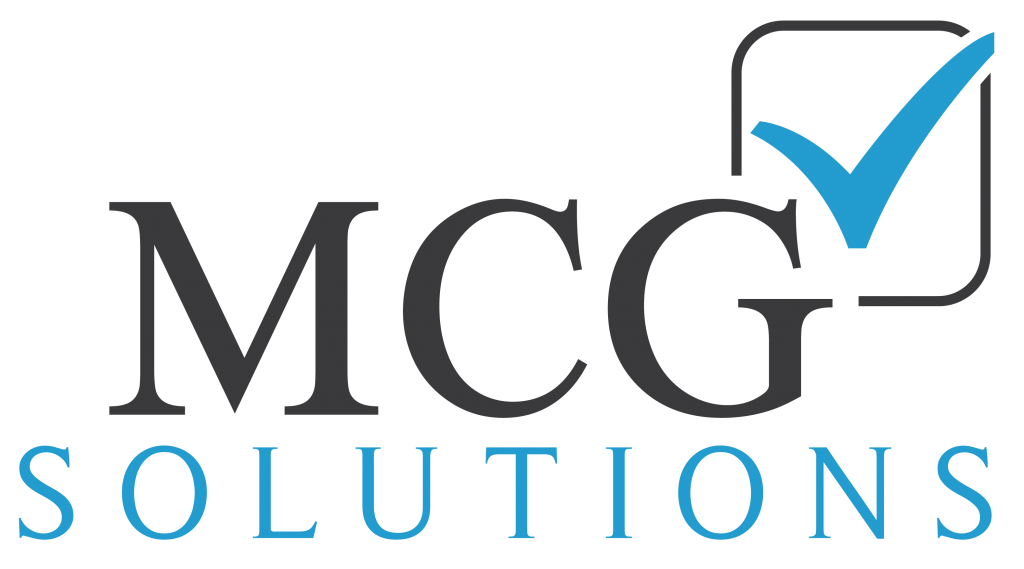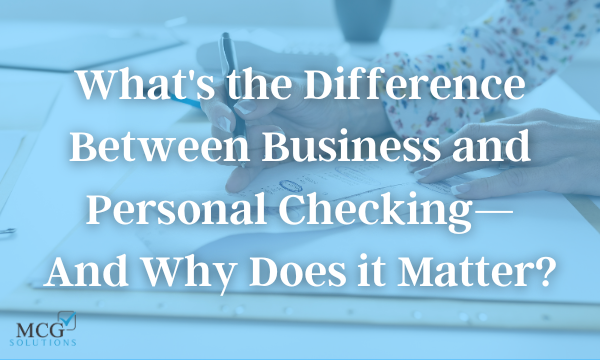Every small business owner should separate their personal and business finances. The first step is opening a dedicated business checking account. Business and personal checking accounts have some key differences, and understanding them will help you choose the right features for your company.
Business vs. personal checking accounts
Business checking accounts should be used for all your business-related income and expenses. In contrast, personal checking accounts are designed exclusively for personal finances, such as housing, food and entertainment expenses. In fact, some banks explicitly prohibit the use of personal accounts for business transactions.
Even the smallest of businesses, including sole proprietorships and freelancers, should prioritize separating their business and personal finances. These accounts can typically be established at traditional brick-and-mortar banks, credit unions or through online financial institutions
What’s the difference?
Business checking accounts look very similar to personal ones at first glance. They both typically offer features like debit cards, Automated Clearing House (ACH) transfers and online or mobile platforms for checking balances and transaction histories. However, the primary distinction lies in their purposes.
Business checking accounts are specifically meant for conducting business-related transactions, such as paying suppliers, collecting sales revenue and managing company expenses. Like personal accounts, business checking accounts are FDIC insured. This means that the federal government will cover up to $250,000 per account if your bank should ever fail.
Personal accounts are used for your personal finances, including day-to-day expenses, mortgage or rent payments and leisure activities. Keeping these transactions separate is important to accurate bookkeeping, budgeting and more. Business checking accounts often provide specialized features tailored to business needs, including:
- Multiple users and spending controls: Some business checking accounts allow you to set up different account permissions for various users. This can be particularly useful for separating financial roles within your team.
- Tax-planning tools: Many business accounts seamlessly integrate with accounting software and offer tools for managing taxes, invoicing and bookkeeping. While it’s no substitute for a dedicated bookkeeper, it can make their job—and yours—easier.
- Accepting credit card payments: Some business accounts include integrated credit card processing tools. This allows you to accept payments from customers in person or over the phone.
Ultimately, no matter how small your business is, you should open a separate business checking account. Many banks and credit unions offer free business checking accounts with no monthly fees, and may even include sign-up bonuses or special perks.
Keeping all your business-related transactions in one place helps make bookkeeping easier, whether you do it yourself or work with MCG Solutions. Business accounts often sync with accounting software like QuickBooks, making management a breeze. Separating business and personal finances is considered best practice, but it will also save you time and frustration down the road.
For professional bookkeeping and tax preparation services, reach out to the team at MCG Solutions today.

